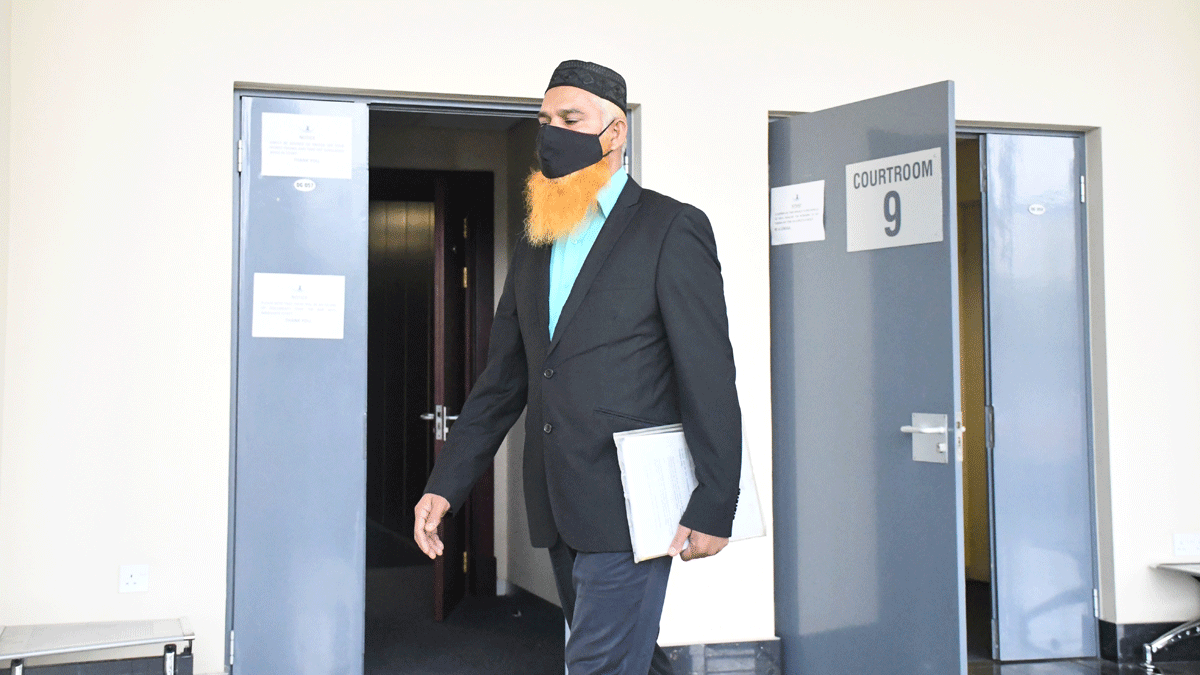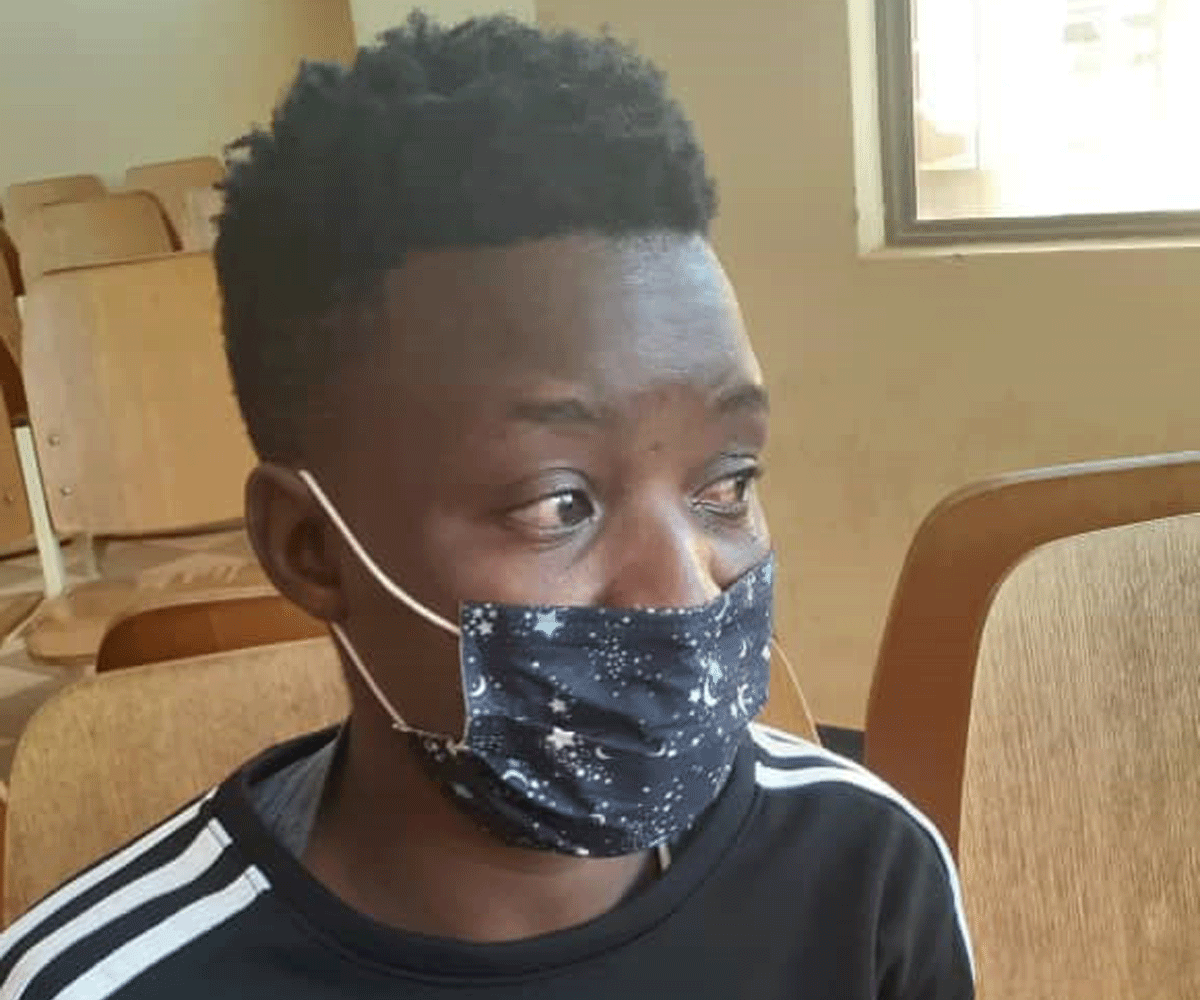Member of Parliament for Maun West, Dumelang Saleshando is a man on a mission.
After emerging triumphant at the polls three months ago, the Botswana Congress Party (BCP) leader has brought forward his development plan for his constituency
Chief amongst his ambitions is building a satellite school for the children of Boro settlement, who for many years have been subjected to gruelling 36km round trips to and from school.
Speaking at a public consultation Kgotla meeting at Maun Main Kgotla this week, Saleshando promised to push forward the construction of a satellite primary school in Boro for lower age classes.
The Umbrella for Democratic Change’s (UDC) legislator declared that from the P10 million Constituency Development Fund already allocated to his office, he will ensure at least Standard One, Two and Three students have classes in Boro and are not forced to travel the long distance to Maun’s Matlapana Primary School.
“We have taken a decision to build classrooms for Standard One up to Standard Three in Boro because the quality of education in this region is of great concern,” said Saleshando.
His contention was that although more children are being enrolled in schools in general, they are not necessarily gaining a quality education.
“All over the country schools are under performing but Ngamiland is the hardest hit. If we do not address this with the urgency it deserves then our schools will continue to be training grounds for labourers. We cannot produce people who will run the economy of this country neither legislators of tomorrow if we continue at this pace,” he lamented, adding the problem can only be addressed by deliberate investment in education projects.
Lately, much of the focus of international aid is on education as it has been found that the lack of access to schools, especially in poorer sub Saharan countries and in conflict zones, contributes to poor quality of education among children.
New research from Unesco Institute of Statistics has specifically warned against lack of quality within schools, describing it as ‘an education crisis’, with millions of school-going children lacking basic skills in reading and mathematics.

In the same report released earlier this month, the United Nations called on governments and key stakeholders to urgently address equity in education funding. It further presented specific actions required to achieve equitable quality education for every child.
Although Botswana was not mentioned in the study, many children, especially in the Ngamiland area, continue to get poor marks in final examinations. According to Saleshando, this is due to lack of investment in their education.
“As we all know, these children, some as young as six years of age, have to travel long distances through dangerous terrain, through wildlife and harsh weather to get to school. I have been told that sometimes the elephants and other wild animals block their way and they have to go back home instead of school.”
School starts at 7:20 in the morning, but often most of these students arrive between 8:00 and 9:00 in school, tired, hungry and long after lessons commenced. This has been blamed for the below average performance of many students in this region.
“We need to work together to build a better future for these children,” stressed Saleshando.















